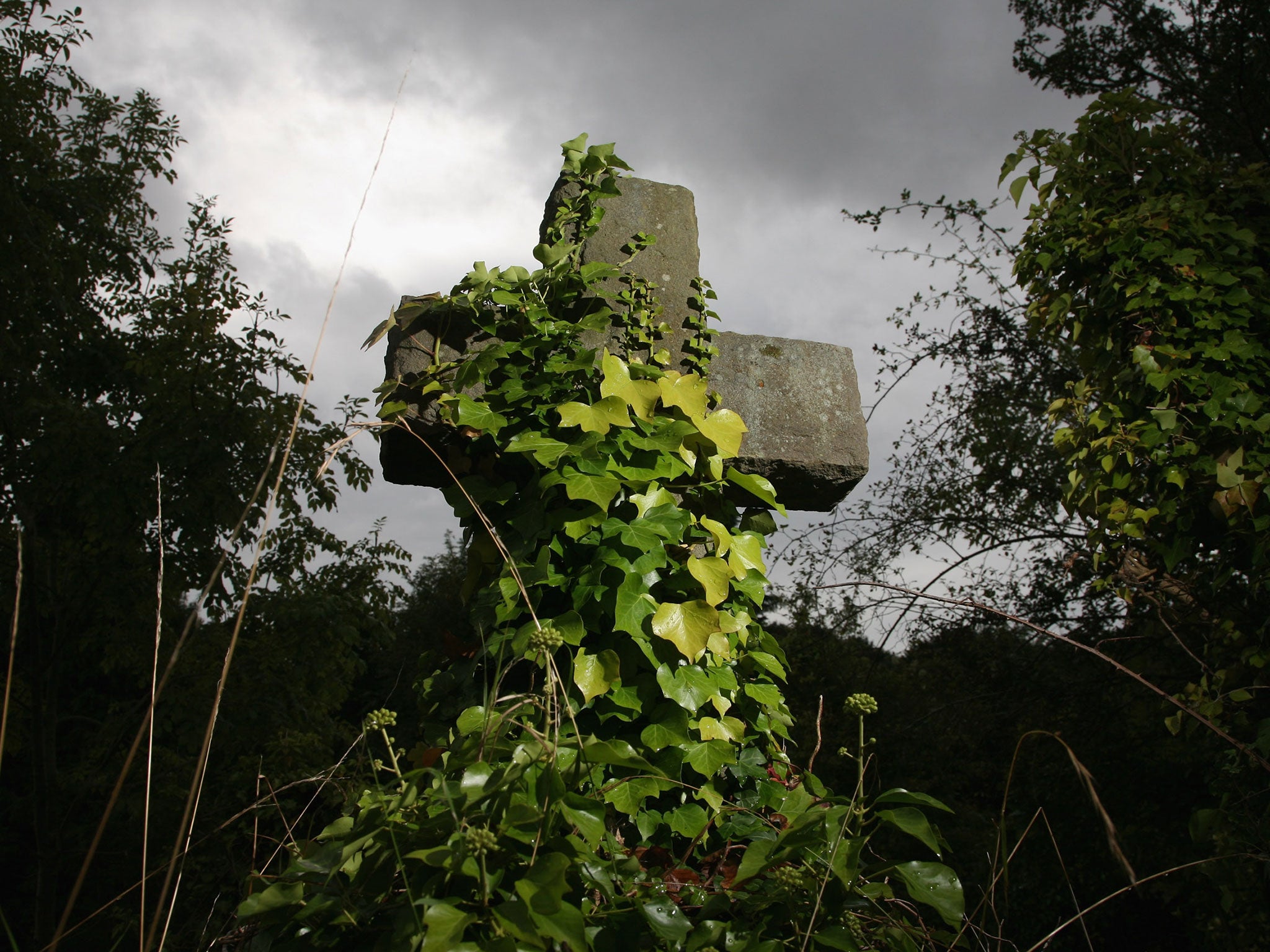As a death doula, I’ve cared for many people at the end of their lives – I know hospitals aren’t the place for dying
If 70 per cent of us want to die at home, why do we find ourselves in hospitals in our last moments of life

As an end of life doula I have been there for many dying people. Doulas for the dying provide practical and emotional support at life's close. My goal is to allow people the opportunity to live as good a life as possible, until the very end.
A recent BMA report found that Doctors may be treating patients for too long because of pressure from relatives or a fear of perceived failure.
From my own experience, I know this is all too often the case. A friend of mine was diagnosed with terminal cancer, he was given the option of active treatment to give him more time. The hope of this extra time was impossible to resist and he agreed. He died during the treatment - heartbreakingly, as a direct result of it. He died a painful and difficult death, desperately trying to live a life that his body was unable to sustain.
Had the medical team been more honest, had he been given more time to process and talk through his options, had we all had the courage to accept his prognosis, his death could have been very different.
Research by 'Dying Matters' revealed 70 per cent of people would prefer to die at home. In reality, half die in hospital. Why are we in a situation where hospitals are being pushed to treat the dying who want to die in the comfort of their own home surrounded by their family?
The answer is that we are all responsible for the lack of good communication at the end of life: doctors can be reticent and clumsy and patients can be unwilling or unable to accept hard truths. Our fear of dying as a culture, or fear of discussing death and dying, prevents us from making sound decisions about end of life care.
Doctors' restraint at being upfront and honest about how successful a treatment will be or about the gravity of the illness compounds the issue. People choose to continue active treatment because they believe (and hope) they might get better. Why do they believe this? Because no one is telling them they're dying in a language they're able to process and understand.
Partly this is because we have come to see death as a failure on the behalf of the medical establishment. Doctors, more than anyone, need to understand that our death is not their failure. If this was acknowledged and understood there would be less unnecessary and ineffective aggressive treatment at end of life.
It doesn't have to be this way. Hospitals are for the living. They are curative environments to treat those who will get well. Instead of 'treating' despite inevitable death, let's plan for it and make it the best we can.
There is an undeniable beauty in the impermanence of life and its inherent fragility. If we embrace our mortality, as all living beings must, we can begin to end our lives with grace and dignity.
Join our commenting forum
Join thought-provoking conversations, follow other Independent readers and see their replies
0Comments